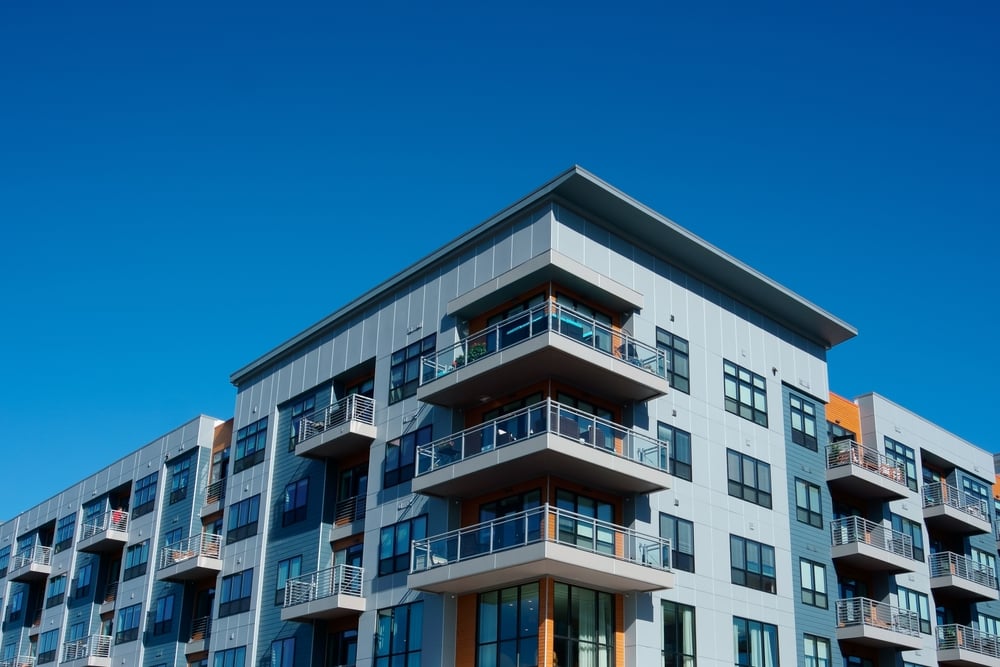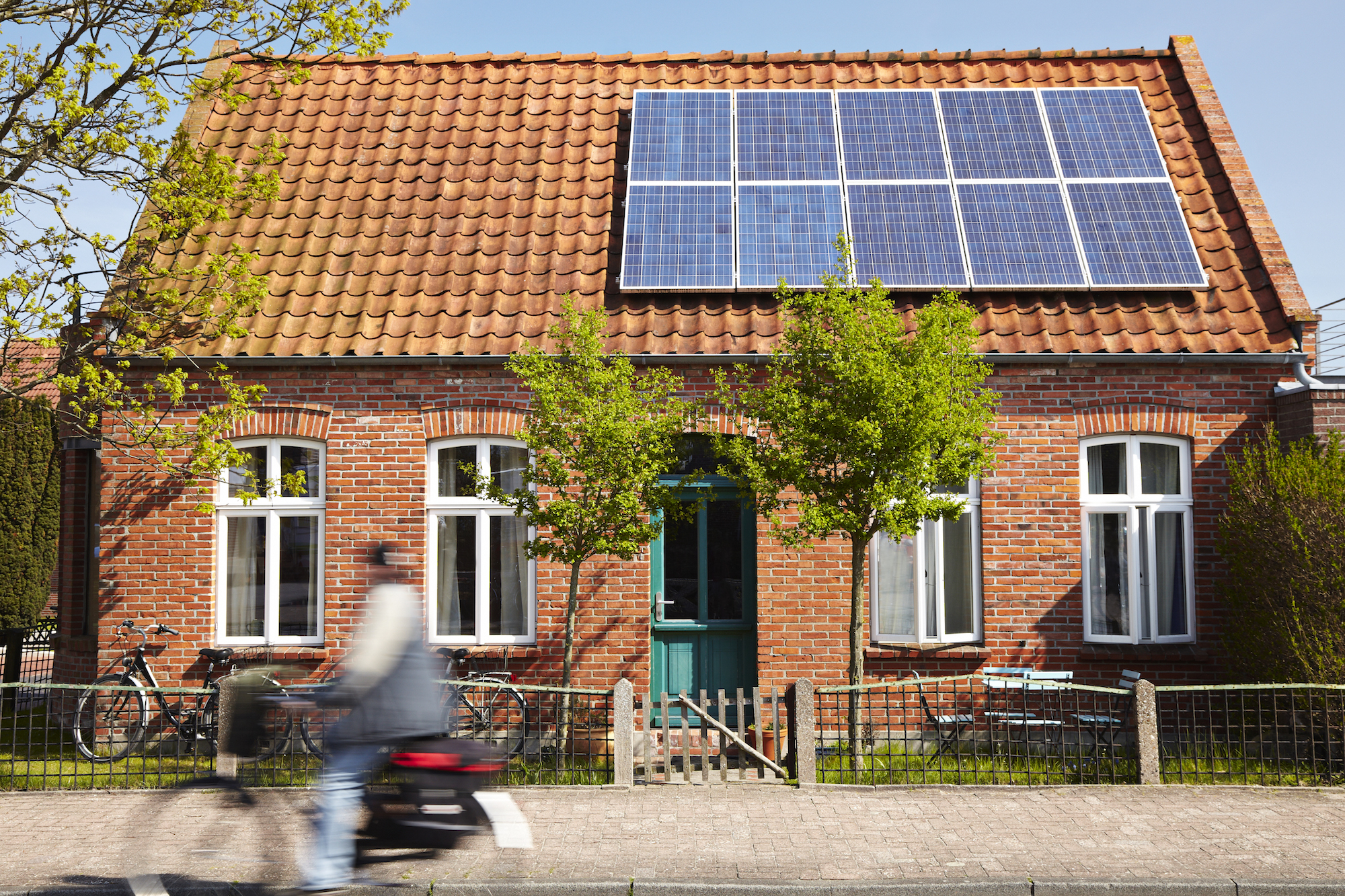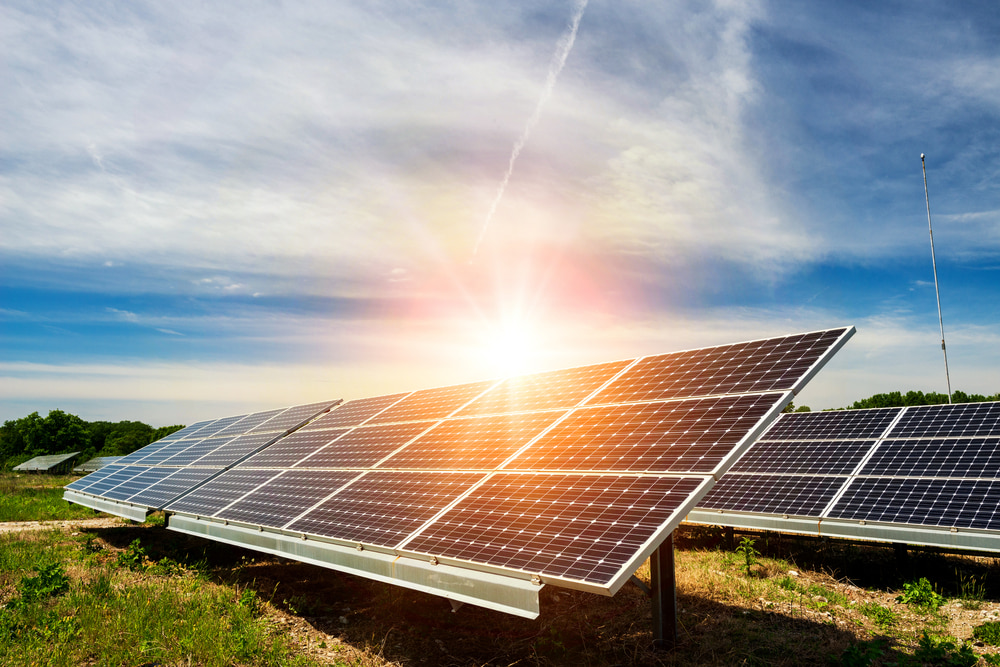Days
Hours
Minutes
Seconds
May 1 2026 - Renters' Right Act Commencement Day
You have 0 days to:
Serve any final Section 21 notices
Stop accepting above-asking rent offers
Prepare for the rental bidding ban
Remove “No DSS” from adverts
Remove “No Children” from listings
Show one clear rent price
Stop using fixed-term agreements
Switch to periodic tenancy templates
Check which tenancies go periodic
Stop taking rent before signing
Take no more than one month’s rent
Move all evictions to Section 8
Train staff on new notice rules
Create Section 13 process flow
Add two months to rent reviews
File court claims for Section 21s
Update landlord move-in grounds
Update landlord selling grounds
Send the RRA Information Sheet
Create written terms where missing
Update How to Rent processes
Review tenant screening questions
Update pet request processes
Stop backdating rent increases
Discuss rent protection backbooks
Act now before it is too late...
Your guide to the new support available for landlords to upgrade their properties' EPC ratings
Landlords facing stringent EPC rating requirements in the near future could benefit from zero-rate VAT for the installation of energy saving materials from April 2022.
The Goodlord team
Mar 28, 2022
Landlords facing the need to upgrade their properties to reach an EPC rating C by 2028 will be able to take advantage of zero-rate VAT for the installation of materials improving a property's energy efficiency from April 2022. This is just one measure announced in the Chancellor's Spring Statement 2022 to help alleviate financial pressures on households during the cost of living crisis.
Why is the VAT relief on energy saving materials important for landlords?
Since April 2020, it's been mandatory for all domestic private rented properties in England and Wales to have a minimum Energy Performance Certificate (EPC) rating of E. Landlords are required to spend a maximum of £3,500 on upgrades. If an EPC band E rating can't be reached within that limit, landlords can obtain an exemption.
However, the government has announced its plan to bump the minimum EPC rating to band C for all tenancies in private rented homes by 2028. Under these new proposals, the government aims to increase the upgrade spend cap to £10,000.
Landlords need to carefully consider what upgrades may be necessary for their properties to obtain the required ratings and act now to take advantage of the relevant government support, including this VAT cut on the installation of energy efficient materials.
What will the VAT relief cover?
Homeowners installing certain energy saving materials (ESMs) in Great Britain will be eligible for the new zero-rate VAT. These materials include:
- Controls for central heating and hot water systems
- Draught stripping
- Insulation
- Solar panels
- Ground and air source heat pumps
- Micro combined heat and power units
- Wood-fuelled boilers
Wind and water turbines have also been re-added to the list as qualifying technologies.
The VAT relief comes on top of the government's previously announced grants for installing low carbon heating systems like heat pumps, as part of its Heat and Buildings Strategy.
How long will the VAT reduction be in place?
The government has confirmed that the reduced rate will be in place from April 2022 for a period of five years, when it will then revert to the previous 5% VAT rate. This fits with its proposed timeline for landlords to upgrade private rental properties to an EPC C rating on all tenancies by 2028.
What does this VAT cut mean in real terms?
Rishi Sunak stated in his speech that: "A family having a solar panel installed will see tax savings worth £1,000 and savings on their energy bill of over £300 per year."
Although just one example of the savings available, this could represent a significant saving on the upgrades that landlords may soon be required to make, while supporting tenants during the energy crisis with energy efficient properties.
This article is based on the government's guidance and does not constitute legal advice. Read more at gov.uk.



.jpg)


